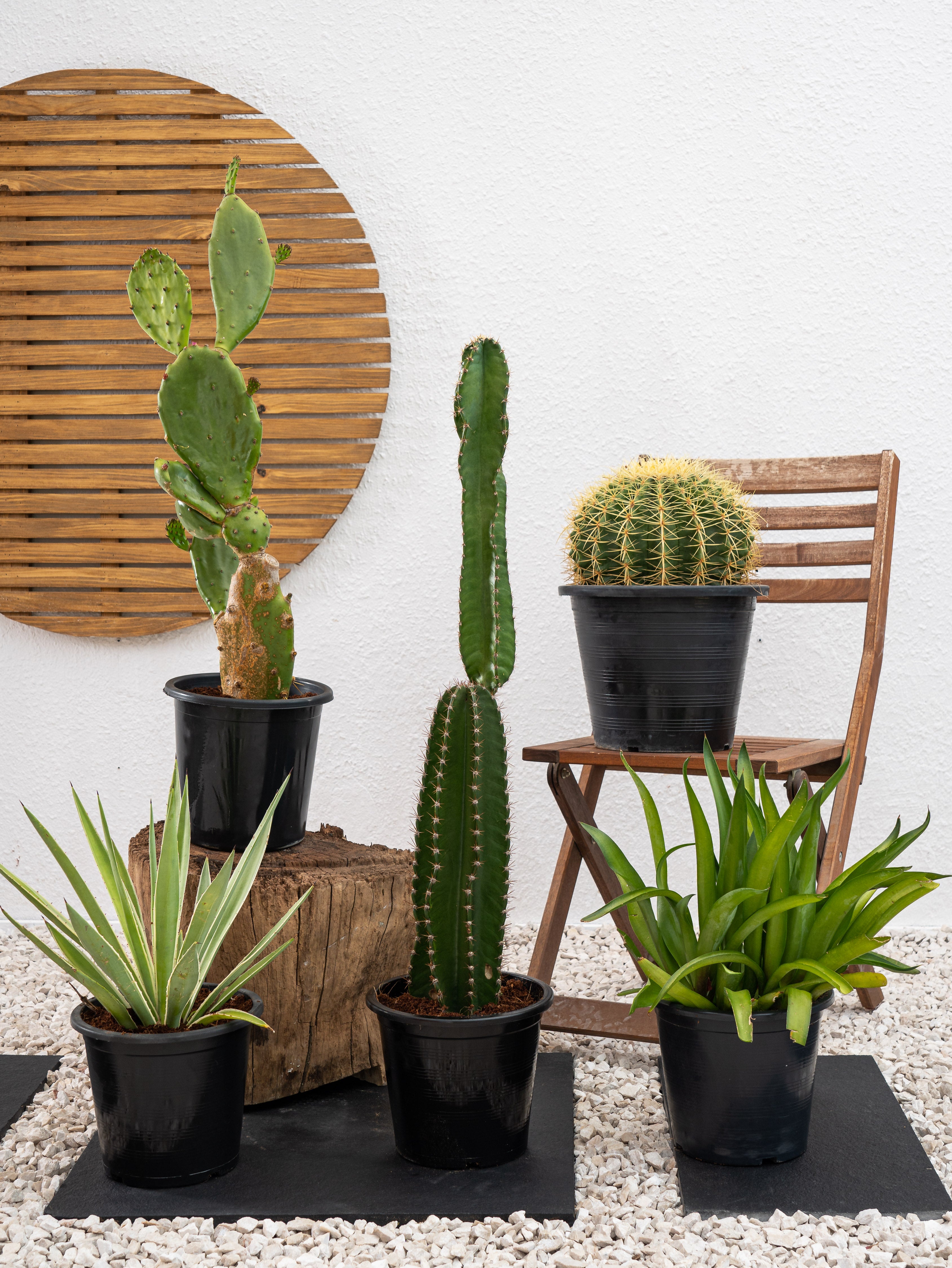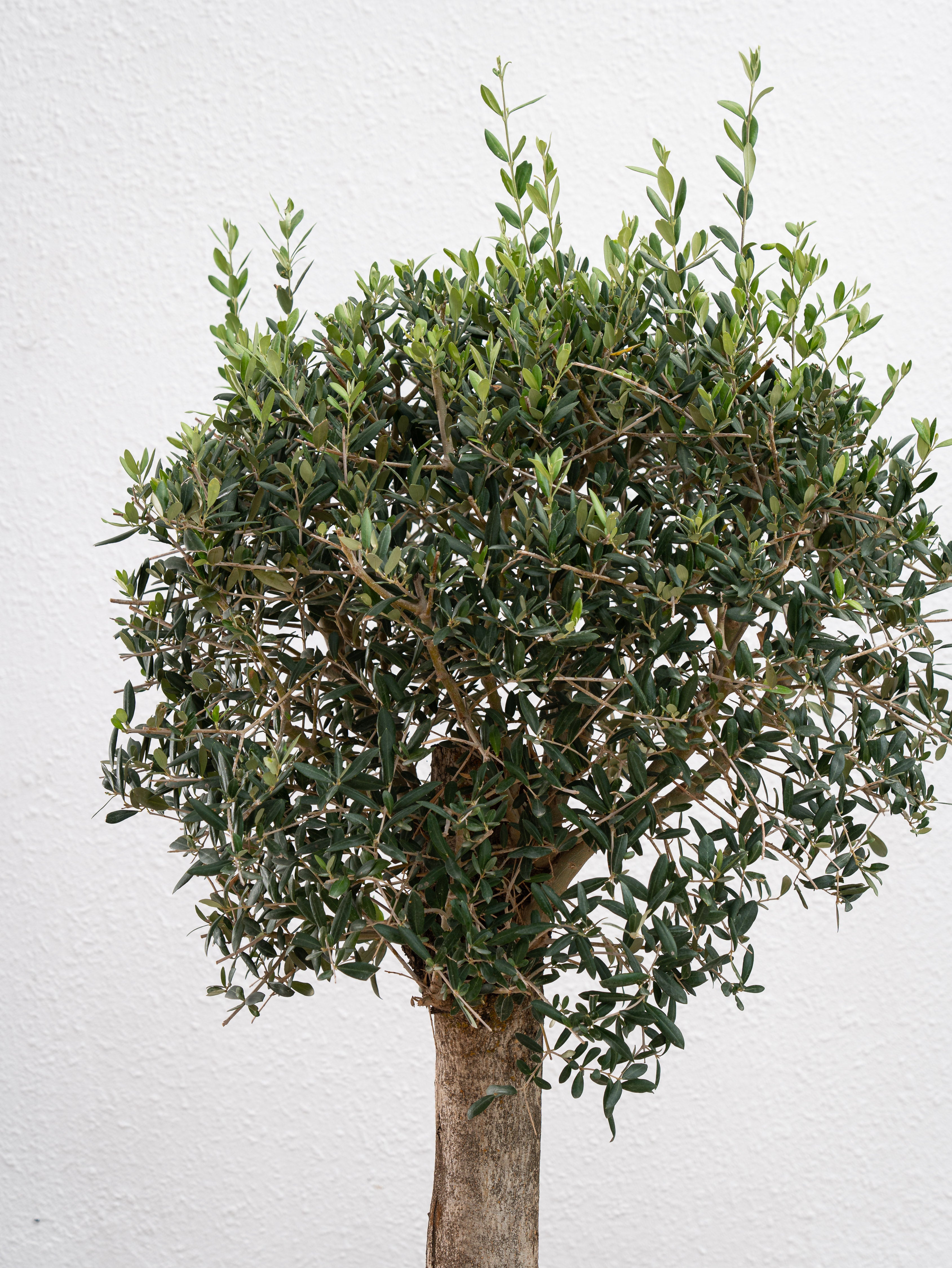Embracing eco-friendly gardening not only enhances the beauty of your home but also contributes positively to the environment. Among the myriad of plants that can be incorporated into a sustainable garden, snake plants (Sansevieria trifasciata) stand out for their resilience, low maintenance, and numerous environmental benefits. Here’s how you can integrate snake plants into your eco-friendly gardening practices to create a lush, sustainable, and thriving green space.
1. Benefits of Snake Plants in Eco-Friendly Gardening

Air Purification: Snake plants are renowned for their ability to purify indoor and outdoor air by removing toxins such as formaldehyde, benzene, and trichloroethylene. This natural air purification helps reduce the carbon footprint of your garden, creating a healthier environment for both plants and humans.
Low Water Usage: One of the standout features of snake plants is their minimal water requirements. They are drought-tolerant and can thrive on infrequent watering, making them an excellent choice for sustainable gardens where water conservation is a priority.
Resilience and Low Maintenance: Snake plants are incredibly hardy and can withstand a range of environmental conditions, including low light and fluctuating temperatures. Their robustness reduces the need for constant care and intervention, aligning perfectly with eco-friendly gardening principles that emphasize minimal resource use.
Contribution to Biodiversity: By adding snake plants to your garden, you support biodiversity. These plants attract beneficial insects and contribute to a balanced ecosystem, promoting a healthier and more sustainable garden environment.
Also Read- Using Snake Plants To Create A Calming Workspace At Home
2. Sustainable Practices with Snake Plants

Using Recycled or Sustainable Planters: Opt for planters made from recycled materials such as reclaimed wood, repurposed plastic, or biodegradable containers. This reduces waste and minimizes the environmental impact of your gardening practices.
Organic Soil and Fertilizers: Use organic potting soil enriched with compost or natural fertilizers. Avoid chemical fertilizers that can harm the environment. Organic soil not only provides essential nutrients to your snake plants but also supports soil health and sustainability.
Companion Planting: Pair snake plants with other eco-friendly plants like succulents, ferns, or herbs. Companion planting enhances biodiversity, reduces pest problems, and creates a more resilient garden ecosystem.
Propagation Methods: Propagate snake plants using sustainable methods such as leaf cuttings or dividing mature plants. This not only expands your garden without the need for purchasing new plants but also reduces the demand for commercially grown plants, which often involve significant resource use.
Water Conservation Techniques: Implement water-saving techniques such as drip irrigation or using self-watering planters. These methods ensure that your snake plants receive the right amount of water without wastage, promoting efficient water use in your garden.
Also Read- Using Snake Plants For Natural Humidity Control In Your Home
3. Tips for Integrating Snake Plants into an Eco-Friendly Garden

Placement and Arrangement: Place snake plants strategically to maximize their benefits. Position them in areas where they can receive adequate light without being exposed to direct sunlight, which can scorch their leaves. Grouping snake plants together can create a microclimate with higher humidity levels, benefiting other plants in the vicinity.
Maximizing Space and Resources: Utilize vertical gardening techniques by placing snake plants on shelves, hanging planters, or trellises. This approach maximizes space, especially in small gardens, and creates visually appealing displays while promoting efficient use of resources.
Combining with Other Sustainable Plants: Integrate snake plants with other sustainable plants that have complementary growth habits and environmental benefits. This creates a diverse and resilient garden ecosystem that can better withstand pests and diseases.
Pest Management Using Natural Methods: Use natural pest control methods such as introducing beneficial insects, applying neem oil, or using insecticidal soaps. Avoid chemical pesticides that can harm the environment and disrupt the balance of your garden ecosystem.
Also Read- Snake Plant Care Mistakes To Avoid: Common Pitfalls And How To Fix Them
4. Care Tips for Snake Plants in Sustainable Gardens

Efficient Watering: Water your snake plants sparingly, allowing the soil to dry out completely between waterings. Overwatering can lead to root rot, so it’s essential to maintain a balance and avoid excessive moisture.
Natural Pest Control: Regularly inspect your snake plants for signs of pests like spider mites or mealybugs. Use natural remedies such as neem oil or insecticidal soap to treat infestations without harming the environment.
Sustainable Fertilization: Feed your snake plants with organic fertilizers during the growing season (spring and summer). Organic options like compost tea or fish emulsion provide essential nutrients without the environmental drawbacks of synthetic fertilizers.
Proper Lighting and Temperature: Ensure your snake plants receive the right amount of light by placing them in areas with bright, indirect sunlight. Maintain consistent indoor temperatures between 60°F to 85°F (15°C to 29°C) to support healthy growth.
Also Read- Snake Plants In Smart Greenhouses: The Future Of Indoor Plant Growth And Sustainability
5. DIY Projects and Upcycling Ideas

Creating Planters from Recycled Materials: Get creative by making your own planters using recycled materials such as old cans, glass jars, or wooden pallets. This not only reduces waste but also adds a unique and personal touch to your garden.
DIY Plant Supports: Use natural materials like bamboo stakes or repurposed branches to create plant supports for your snake plants. These supports help maintain the upright growth habit of snake plants and add an organic element to your garden design.
Also Read- How The Rise Of Indoor Plant Parenting In 2024 Is Making Snake Plants The Favorite Houseplant
Conclusion
Incorporating snake plants into your eco-friendly gardening practices is a smart and sustainable choice. Their numerous environmental benefits, combined with their low maintenance needs and aesthetic appeal, make them an ideal addition to any garden. By following sustainable practices such as using recycled planters, organic soil, and natural pest control methods, you can create a thriving and eco-conscious garden that benefits both you and the planet.













Leave a comment
This site is protected by hCaptcha and the hCaptcha Privacy Policy and Terms of Service apply.